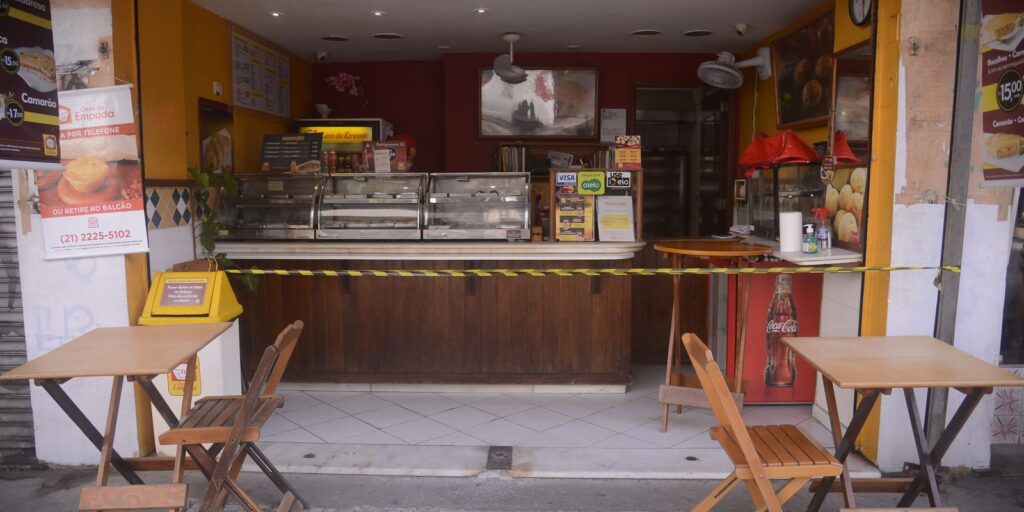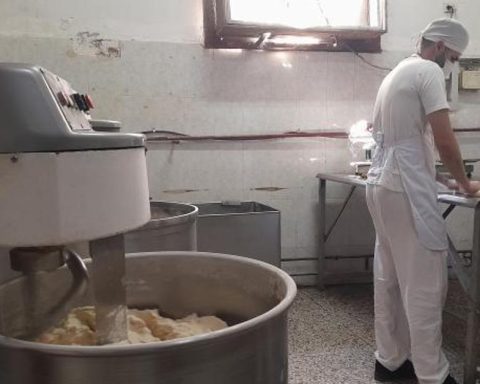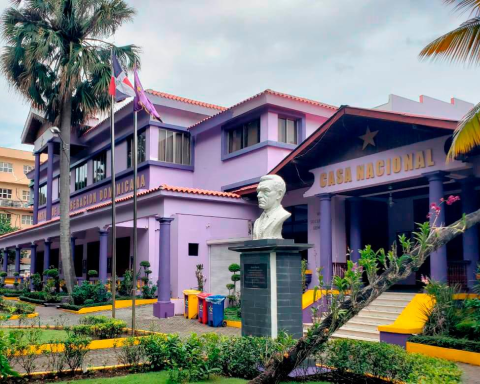No one should be surprised by the crisis resulting from the scheduled closure of Codelco’s Ventanas smelter. At some point, the losses that its obsolete and polluting technology still produces today, as well as the obligations that Codelco contracted with its acquisition in 2005, would make its operation unviable for much longer. Not for nothing the Government of Sebastián Piñera, in 2019, had seriously evaluated proceeding with the closure, although this scenario had already been visualized in the previous Government, that of Michelle Bachelet, when the then president of the state copper company, Óscar Landerretche, alerted about the problem posed by the operation of a facility that –as is the case with other foundries– is inappropriate for the 21st century, whose expiration not only has an impact today on the rise in operating costs, but also generates a serious reputational cost to the company due to its effects on the environment and people’s health.
The closure of Windows was, and this is how Landerretche makes it clear in his book Towards a new pact (2021), a decision that is certainly necessary but postponed due to the pain that the announcement would foreseeably generate, a situation that –in the opinion of the academic– comes to highlight one of the great vices of Chilean politics, which has been unable to translate these types of challenges into opportunities that are likely to propel Chile towards new levels of development. By the way, the former president of Codelco focuses his analysis on the contaminating problem of its smelters and the fear involved in assuming the costs involved in making complex and painful decisions, such as, in effect, cutting with inertia operational and organizational issues that are detrimental to the company’s future prospects.
“When the main copper deposits (which today constitute Codelco’s mining divisions) were nationalized fifty years ago, some of them had half a century or more of history under their belts. Incredibly, in the case of El Teniente and Chuquicamata, despite all the time that has passed since that July 11, 1971, they have operated more time as private mining companies than state-owned ones. Not only that; those of us who have been close to them know that some traits of the business culture of the companies that operated them so long ago still survive in these divisions, traits that vary from division to division, given that the companies that owned them were also different”, highlights the text written by Landerretche.
The serious thing about this phenomenon is that, as expected, the company’s productive culture has not been able to keep up with the environmental demands of the territories that shelter its operations, especially if we consider that ecology and respect for the environment seemed eccentricities more than 50 years. Added to the foregoing, according to Landerretche, is the cultural paradigm that tends to view with suspicion and disbelief the ability of any state-owned company to undertake transformations and “ambitious” and “vanguard” projects, underlines the academic.
On the other hand, the professionals and workers of the company, according to Landerretche, have chosen to introduce partial changes to optimize its operation and extend its useful life under environmental parameters close to the Chilean standard, one that is already, in itself, out of date. in relation to the standards observed in more developed countries. But there is no case. Says Landerretche: “These smelters are much less productive, more expensive and more polluting than their peers in Europe, Asia and North America.” And he adds: “It’s natural, some of them have been operating for half a century or more. There is a limit to what can be repaired or fixed.”
But there is another edge that little or nothing is talked about: how Codelco was forced to acquire an obsolete smelter from the National Mining Company (Enami), thus assuming its losses. According to Landerretche, what the State of Chile did was use resources from the state copper company to indirectly save Enami, a company that – according to the former president of Codelco – was “in charge of administering a public subsidy to small and medium-sized mining , consisting, theoretically, of generating economies of scale for copper refining that these companies cannot access (smelters and refineries are, by definition, large), but in reality combined with price guarantees, soft loans, financial bicycles and loans that, in many cases, are not paid. There is another complicated element in this equation: under the umbrella of Enami, some of the “largest mining fortunes” in the country operate, disguised as SMEs, “most of the time with very intimate relationships with parliamentarians from their areas… on both sides.” side”, maintains the economist in his book.
In the transfer of the foundry, another element was also proceeded that distorts the concept of public-private partnership prevailing in Chile: the state subsidy to private companies. “It was also established by law that this smelter should continue to serve private miners (at a loss), charging less than what it actually costs to process their material and supplanting Enami in part, of its subsidy function. Practically none of the Codelco production of the last fifteen years has been processed in Ventanas”.
“When, as president of Codelco, I raised this issue in business, journalistic and parliamentary forums, we were received with eloquent silence and indifference, which is the way in which the leaders of our country close issues. The closure of the foundry has been, in practice, prohibited by successive governments, and the subsidy to businessmen, guaranteed by law”, adds the author of Towards a new pactwho regrets how Codelco, in this “client biking”, had to assume “the worst environmental liability of Chilean mining”, since “it had to take charge of a disaster that it had not caused”.
In this way, according to the academic from the University of Chile, the decision to postpone the closure under his presidency was due to his fear that it would cause “a strategic bottleneck with the Chinese State, which could potentially have a monopsony power over our copper concentrates”. The solution? Schedule the gradual closure of Ventanas and all other smelters to build three new state-of-the-art facilities in the Antofagasta, Atacama and Valparaíso regions.
Likewise, Óscar Landerretche acknowledges three failures in his management of this problem: first, he was unable to make the Ministry of Finance understand the advisability of issuing debt (public or from the company itself) to invest in this modernization project; second, he was unable to obtain the support of those who made up the Presidential Commission on Foundry Policy convened by former President Michelle Bachelet; and, third, its inability to create a “green copper” market that, previously certified, would reach a higher value in the world’s metal markets, as its production was framed within new environmental, social and ethical canons.


















